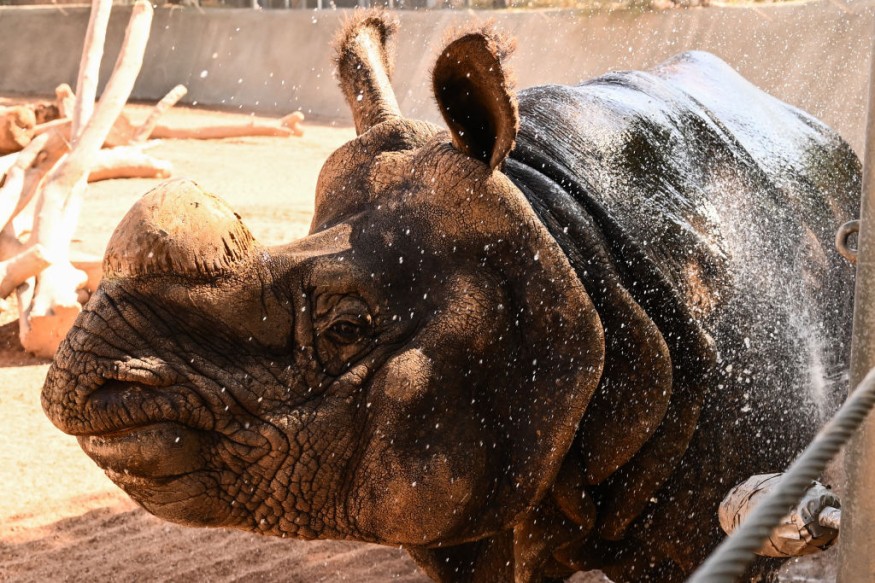
African Parks, which is a conservation group, is planning to release at least 2,000 rhinoceros into the wild as it aims to "rewild" this mammal in the next ten years.
This came after the African Parks had decided to purchase Platinum Rhino, a 7,800-hectare farm that houses thousands of rhinos.
The procurement of the farm was done in good faith to save the mammals from poaching.
Purchase of park
In a statement, African Parks explained the purchase of the world's largest captive rhino breeding operation in a bid to rescue and rewild the rhino to safe and well-managed protected areas across Africa.
African Parks disclosed that due to financial stress, the Platinum Rhino was put up for auction on April 26, 2023, however, it did not receive any bids. This situation then placed the rhinos at risk of poaching and fragmentation.
"Given African Parks' experience in effectively managing protected areas and carrying out wildlife translocations at scale, including bringing rhino back to Rwanda, Malawi and the Democratic Republic of Congo, African Parks was approached by numerous concerned individuals from the conservation sector to provide a solution to prevent a potential conservation crisis, and to help secure the future for a species in decline," it said.
Following a thorough thinking on the matter, the African Parks said it agreed to purchase the farm, including the thousands of rhinos as it also obtained support from the South African government.
The conservation group emphasized that it only had one objective and that is to rewild the rhinoceros over the next 10 years to well-managed and secure areas.
It further aims to establish or supplement strategic populations, which aims to de-risk the future of the species.
Meanwhile, the African Parks also emphasized that the breeding program will be phased out and that the project will end once all the mammals would be released into the wild. The group said this is one of the largest continent-wide rewilding endeavors to occur for any species.
According to Peter Fearnhead, CEO of African Parks, the group has no intention of being the owner of the captive rhino breeding operation with 2,000 of these mammals.
Fearnhead, however, pointed out that the African Parks fully recognized the moral imperative of finding a solution for the said animals so that they can play anew their integral role in fully functioning ecosystems.
Poaching
Experts said that white rhinoceros is a species that has been under extreme pressure because of poaching, especially in South Africa.
They said that rhinos historically consisted of two subspecies: the southern white and the northern white.
They added that the northern white is functionally extinct, with just two non-breeding females in captivity in Kenya.
Based on records, the southern white rhino reached an all-time low of 30 to 40 animals in the 1930's, but through effective conservation measures, the number had increased to approximately 20,000 individuals by 2012.
Unfortunately, there had been an increase in the incidents of poaching for their horns for the illegal wildlife trade, and this made the numbers to fall to below 13,000 at present.
Related Video:
© 2025 NatureWorldNews.com All rights reserved. Do not reproduce without permission.





